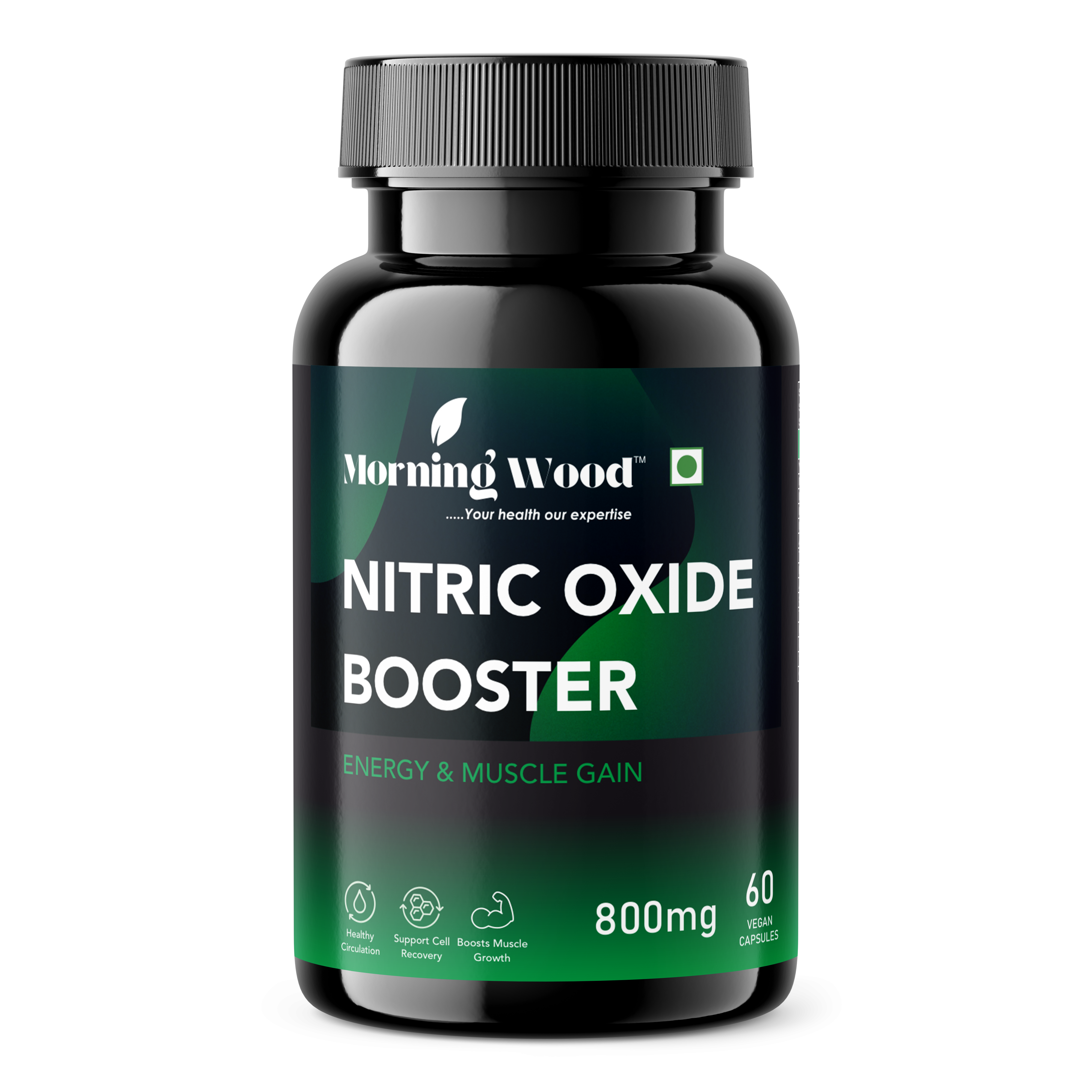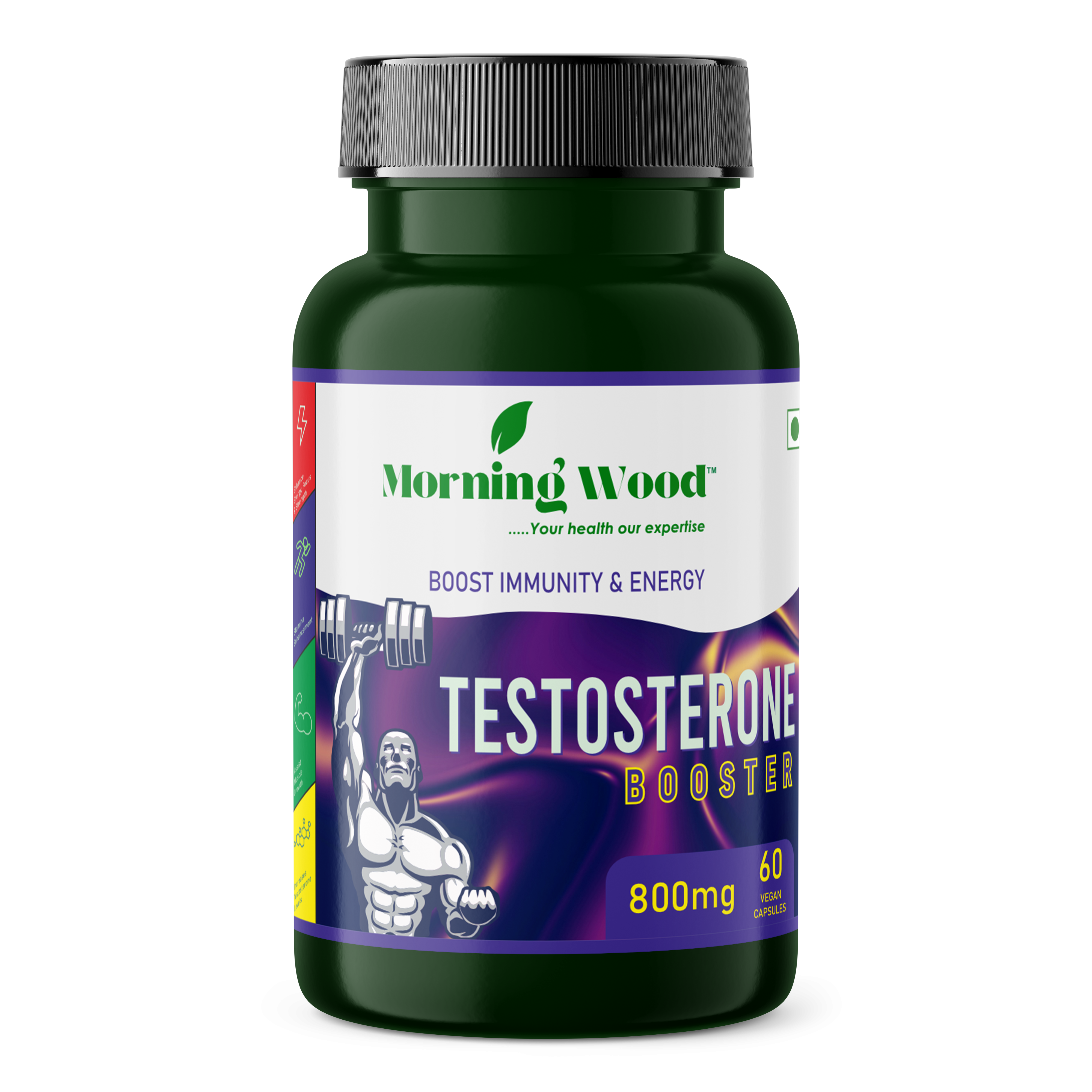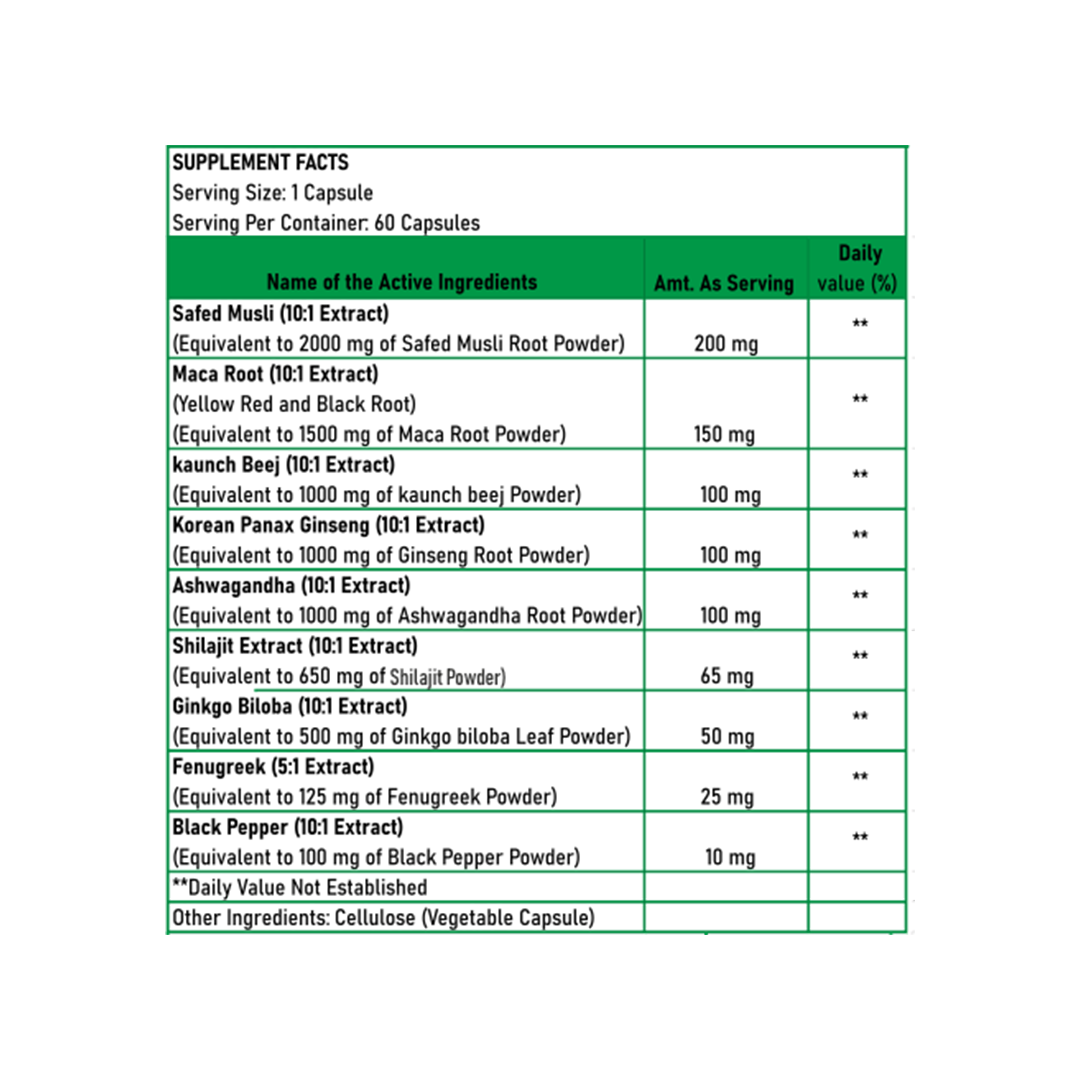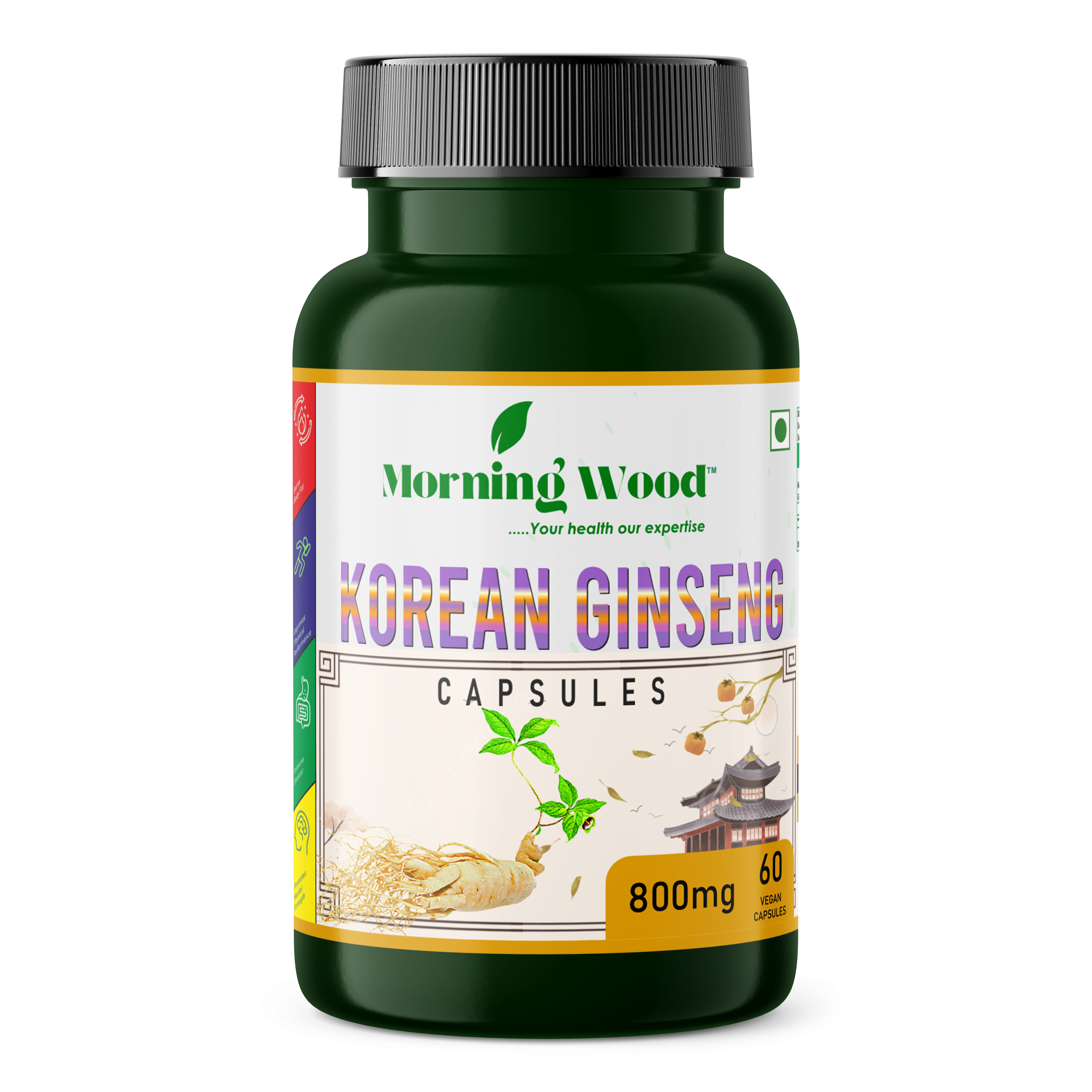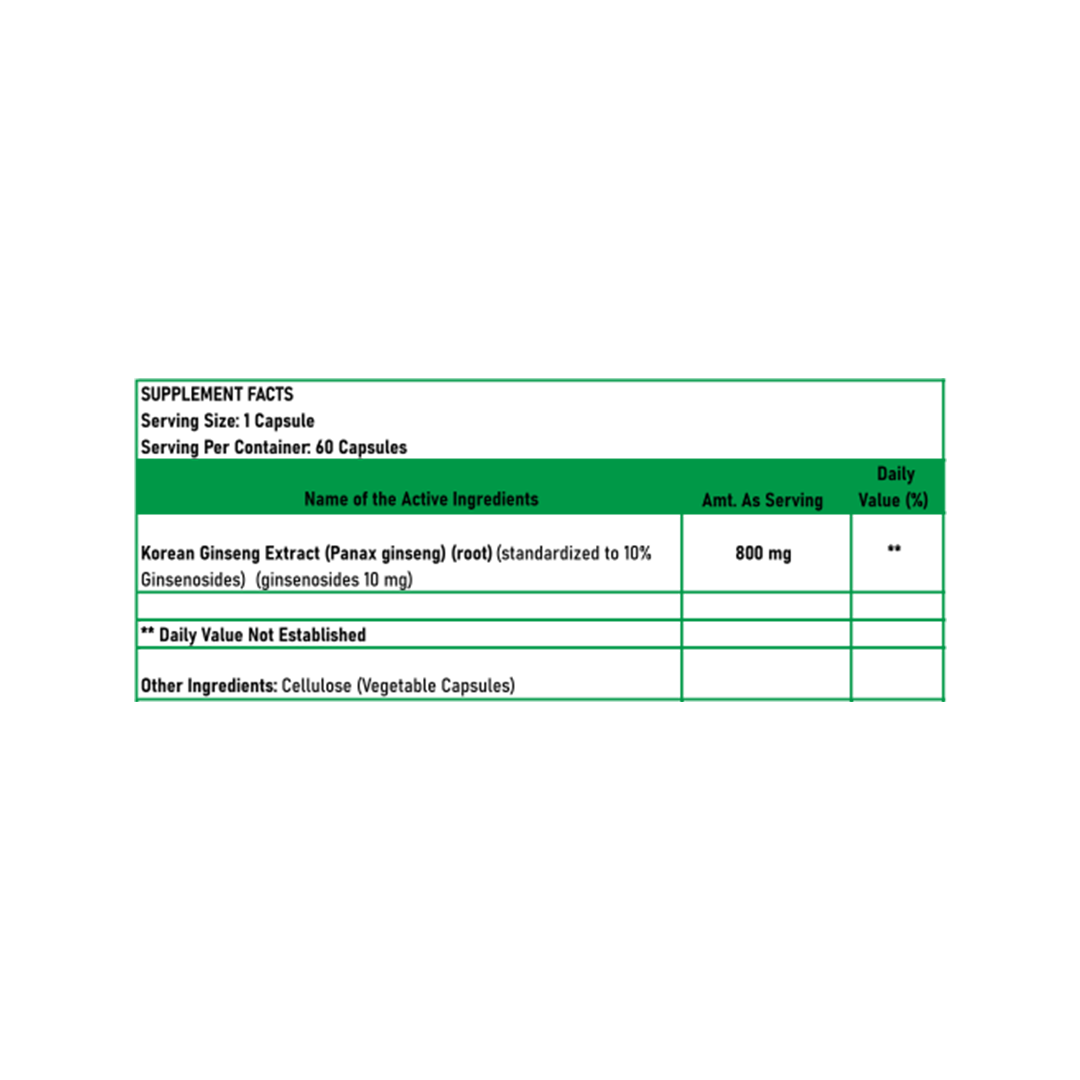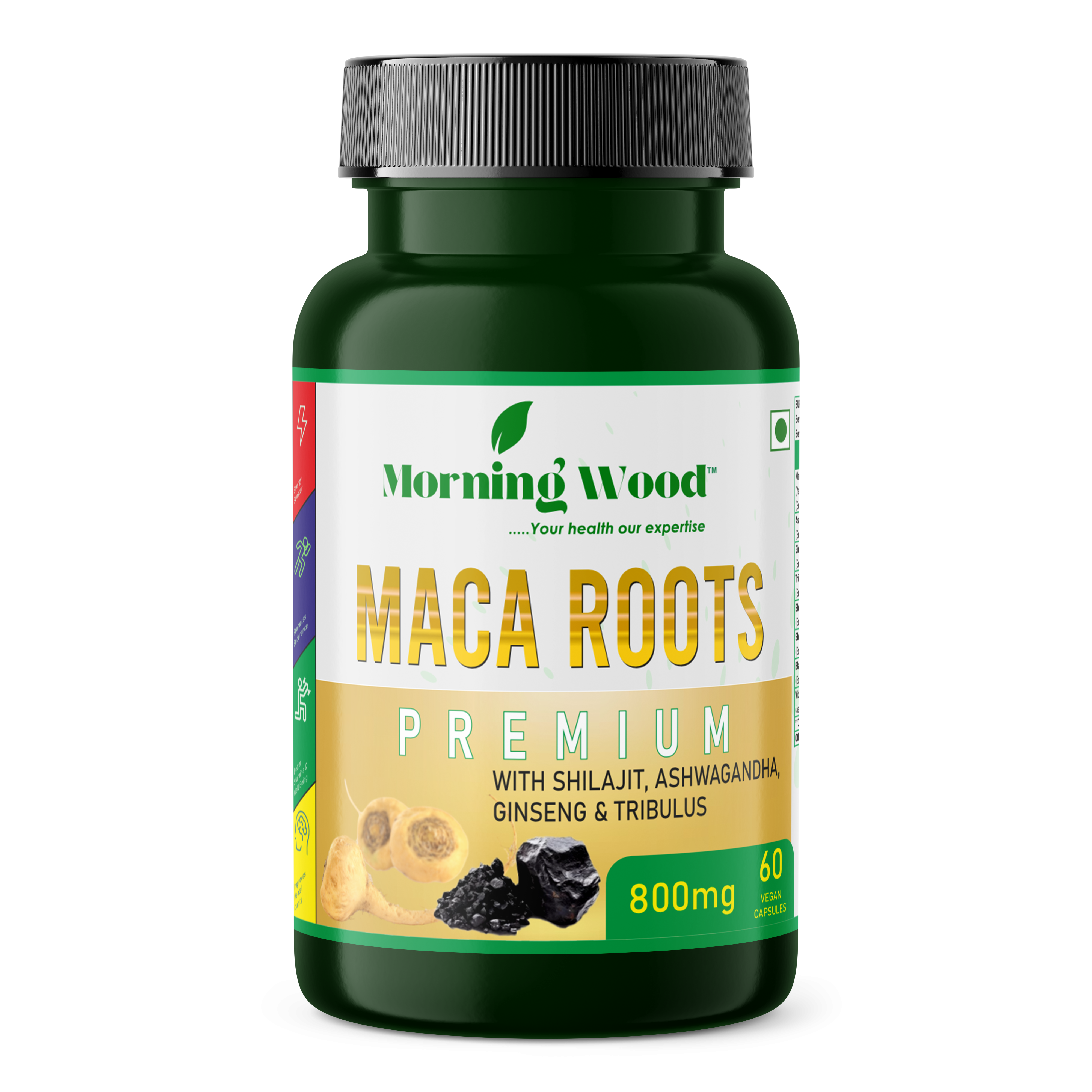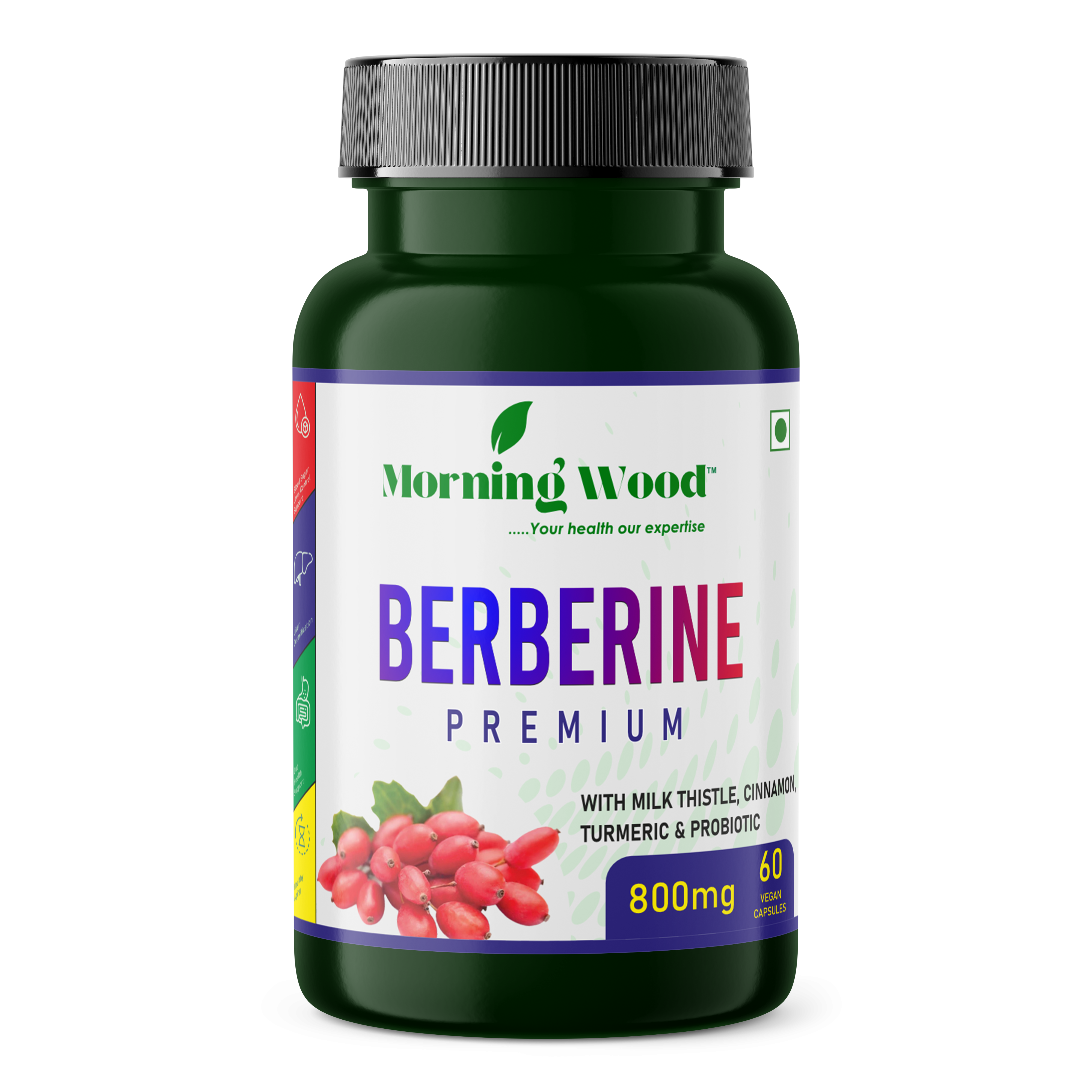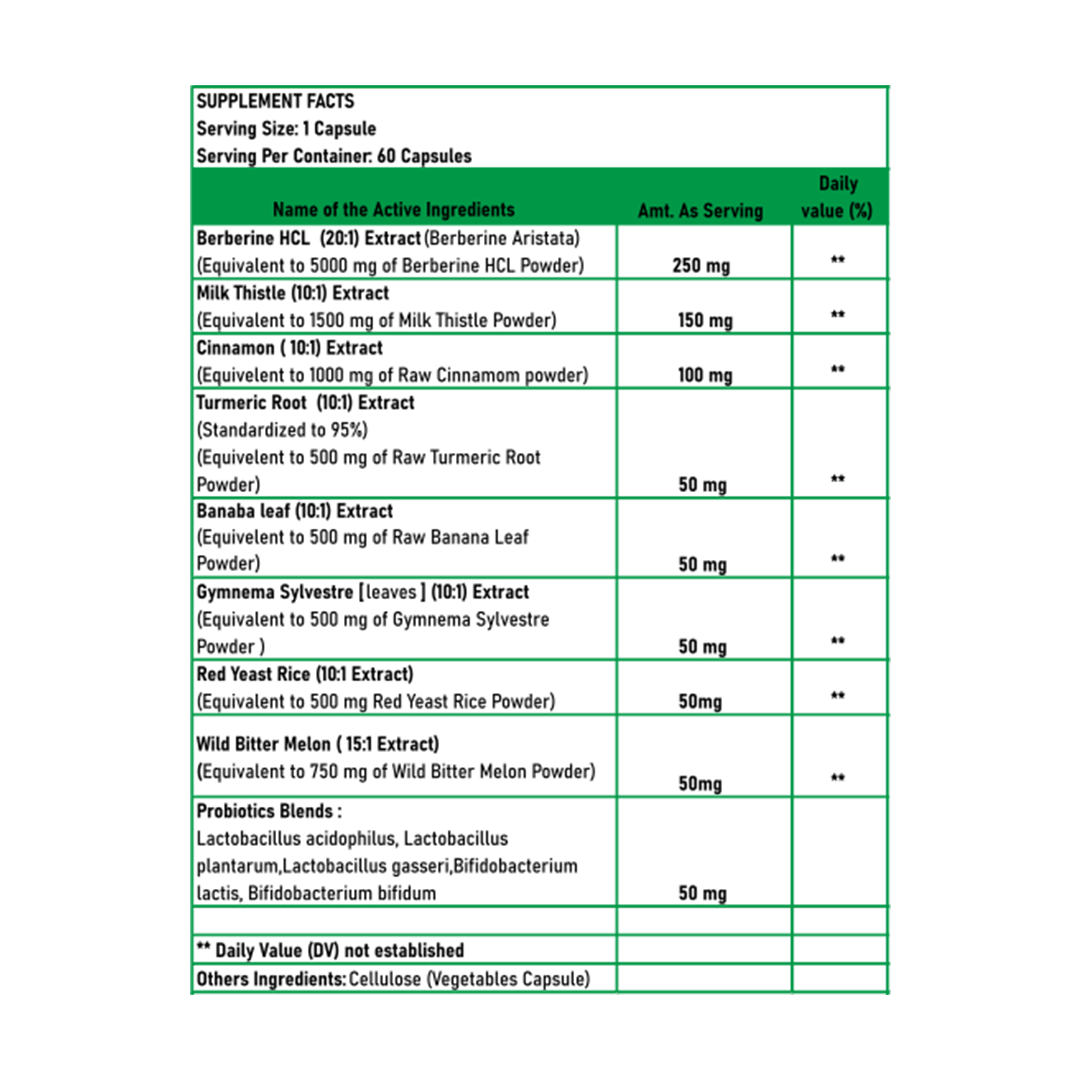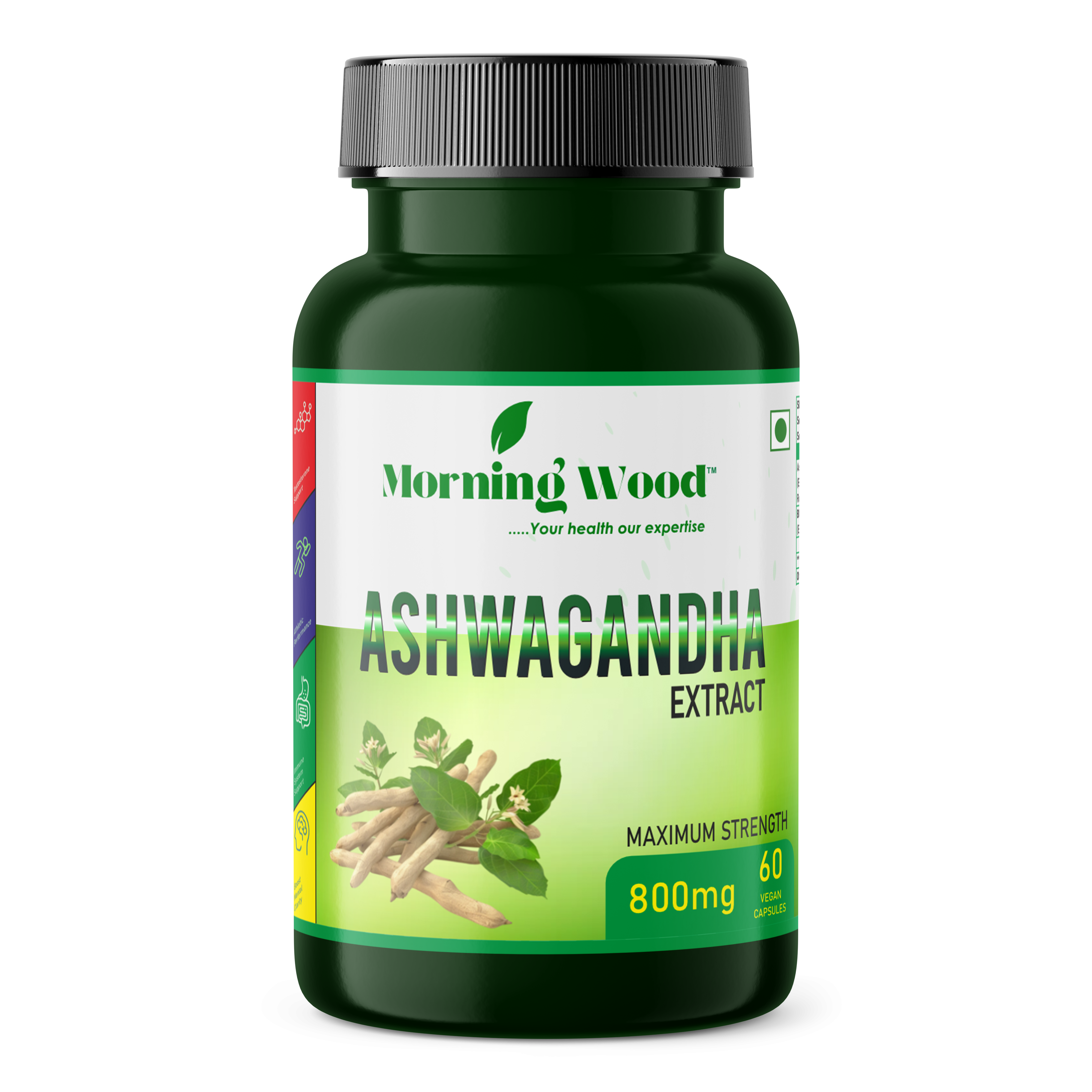
Best Multivitamin for Women: Complete Guide to Top Supplements for Every Age (2025)
Women's nutritional needs evolve throughout different life stages, making it crucial to understand what constitutes the best multivitamin for women at various ages. Whether you're searching for the best multivitamin for women over 50 or wondering what is the best multivitamin for women in their 30s, this comprehensive guide will help you make informed decisions about your health.
Understanding Women's Unique Nutritional Needs
Women face distinct nutritional challenges throughout their lives due to menstruation, pregnancy, breastfeeding, and menopause. These biological processes create higher demands for specific nutrients like iron, folate, calcium, and vitamin D. The best multivitamin for women should address these unique requirements while providing comprehensive nutritional support.
Key Nutrients Every Woman Needs
Iron: Essential for preventing anemia, especially during reproductive years. Women aged 19-50 need 18mg daily, while post-menopausal women require 8mg.
Folate/Folic Acid: Crucial for reproductive health and preventing birth defects. Women of childbearing age need 400-600mcg daily.
Calcium: Vital for bone health, especially important as women age. Requirements increase from 1,000mg (ages 19-50) to 1,200mg (over 50).
Vitamin D: Supports calcium absorption and bone health. Most women need 600-800 IU daily.
B Vitamins: Essential for energy metabolism, nervous system function, and red blood cell formation.
Omega-3 Fatty Acids: Support heart and brain health throughout life.
Best Multivitamin for Women in Their 20s
Young women in their twenties have unique nutritional needs focused on establishing healthy habits and supporting active lifestyles. The best multivitamin for women in 20s should emphasize:
-
High iron content (18mg) to prevent deficiency
-
Adequate folate for reproductive health
-
B-complex vitamins for energy support
-
Antioxidants for cellular protection
At this age, women are often building careers, may be considering pregnancy, and leading active social lives. A quality multivitamin provides insurance against nutritional gaps in busy schedules.
Best Multivitamin for Women Over 30
The thirties mark a transitional period where metabolism begins to slow, and many women start families. The best multivitamin for women over 30 should include:
-
Continued iron support for reproductive years
-
Enhanced folate for pregnancy planning
-
Calcium and vitamin D for bone health
-
Antioxidants like vitamin C and E for cellular protection
Women in this age group benefit from comprehensive nutritional support that addresses both current health needs and future wellness goals.
Best Multivitamin for Women Over 40
The forties bring hormonal changes and increased health awareness. The best multivitamin for women over 40 should feature:
-
Balanced iron levels (some may need less)
-
Increased calcium and vitamin D
-
B-complex vitamins for energy and mood support
-
Antioxidants for aging protection
Many women experience best multivitamin for women over 40 perimenopause symptoms, requiring specialized support for hormonal balance and bone health.
Perimenopause Considerations
During perimenopause, which can begin in the 40s, women experience fluctuating hormones. Supplements like Ashwagandha can provide additional stress support alongside a quality multivitamin.
Best Multivitamin for Women Over 50
Post-menopausal women have significantly different nutritional needs. The best multivitamin for women over 50 should prioritize:
-
Lower or no iron (8mg maximum unless deficient)
-
Higher calcium (1,200mg daily recommended)
-
Increased vitamin D (800-1,000 IU)
-
Vitamin B12 for absorption issues
-
Antioxidants for heart and brain health
What is the best multivitamin for women over 50 is a common question, and the answer lies in formulations specifically designed for post-menopausal needs.
Supporting Bone Health After 50
Osteoporosis risk increases dramatically after menopause. In addition to calcium and vitamin D in multivitamins, consider Collagen supplements for bone and joint support.
Best Multivitamin for Women Over 55
Women over 55 face increased risks of chronic diseases and may have specific health concerns. Best multivitamin for women over 55 formulations should emphasize:
-
Heart-healthy nutrients like vitamin K2
-
Brain-supporting B vitamins and omega-3s
-
Immune-boosting vitamin C and zinc
-
Digestive support enzymes
Best Multivitamin for Women Over 60
The sixties and beyond require specialized nutritional support for healthy aging. Best multivitamin for women over 60 should include:
-
Enhanced vitamin B12 for neurological health
-
Higher vitamin D for bone and immune support
-
Antioxidants for cardiovascular health
-
Digestive enzymes for nutrient absorption
What is the best multivitamin for women over 60 depends on individual health status, medications, and lifestyle factors.
Cognitive Health Support
For women over 60, brain health becomes increasingly important. Consider supplements like Lion's Mane Mushroom alongside a quality multivitamin for comprehensive cognitive support.
Best Multivitamin for Women Over 70
Women in their seventies have the highest risk of nutritional deficiencies. The best multivitamin for women over 70 should provide:
-
Highly absorbable forms of all nutrients
-
Extra vitamin B12 and folate
-
Immune-supporting vitamins C, D, and zinc
-
Cardiovascular nutrients like CoQ10
At this age, nutrient absorption decreases, making high-quality, bioavailable forms essential.
Key Features of Quality Multivitamins
Third-Party Testing
Look for products tested by independent laboratories for purity and potency. Reputable brands provide certificates of analysis.
Bioavailable Forms
Choose multivitamins with chelated minerals and active vitamin forms (like methylfolate instead of folic acid) for better absorption.
Age-Appropriate Formulations
Avoid one-size-fits-all approaches. Select formulations designed for your specific age group and life stage.
Quality Manufacturing
Look for products manufactured in FDA-registered facilities following Good Manufacturing Practices (GMP).
What Makes Morningwood Multivitamins Different
Morningwood offers premium multivitamin formulations designed with women's unique needs in mind. Our multivitamins feature:
-
Age-appropriate nutrient profiles
-
High-quality, bioavailable ingredients
-
Third-party testing for purity
-
Comprehensive nutritional support
Complementary Supplements
While multivitamins provide foundational support, specific health concerns may benefit from targeted supplements:
-
Digestive Health: Liver Detox Capsules support hepatic function
-
Energy Support: Korean Ginseng provides natural energy
-
Stress Management: Ashwagandha Extract supports stress response
-
Heart Health: Omega-3 supplements support cardiovascular wellness
Common Multivitamin Myths Debunked
Myth 1: "More is Always Better"
Excessive amounts of fat-soluble vitamins (A, D, E, K) can be harmful. Stick to recommended dosages.
Myth 2: "Natural is Always Superior"
Synthetic vitamins are often identical to natural forms and may be more stable and affordable.
Myth 3: "Expensive Means Better"
Price doesn't always correlate with quality. Focus on ingredient quality, dosages, and third-party testing.
Myth 4: "Multivitamins Replace a Healthy Diet"
Supplements complement, not replace, a balanced diet rich in whole foods.
How to Choose the Right Multivitamin
Assess Your Individual Needs
Consider your age, diet, health status, and any medical conditions or medications.
Read Labels Carefully
Look for:
-
Appropriate nutrient amounts for your age
-
Bioavailable forms of vitamins and minerals
-
Absence of unnecessary fillers or allergens
-
Clear dosing instructions
Consult Healthcare Professionals
Discuss supplement choices with your doctor, especially if you have health conditions or take medications.
Consider Your Lifestyle
Factor in your diet quality, stress levels, exercise habits, and sleep patterns when selecting supplements.
Timing and Dosage Guidelines
When to Take Multivitamins
-
With food to enhance absorption and reduce stomach upset
-
Morning is often preferred for B vitamins (energy-supporting)
-
Split doses if taking large tablets
Dosage Considerations
-
Follow manufacturer recommendations
-
Don't exceed upper limits for any nutrient
-
Adjust based on dietary intake
Red Flags to Avoid
Unrealistic Claims
Be wary of products claiming to:
-
Cure diseases
-
Provide miraculous results
-
Replace medical treatment
Poor Quality Indicators
Avoid products with:
-
No third-party testing
-
Unclear ingredient sources
-
Excessive amounts of nutrients
-
Poor customer reviews
Supporting Overall Wellness
While finding the best multivitamin for women is important, remember that supplements work best as part of a comprehensive wellness approach:
Lifestyle Factors
-
Balanced, nutrient-dense diet
-
Regular physical activity
-
Adequate sleep (7-9 hours nightly)
-
Stress management techniques
-
Regular health screenings
Hydration and Nutrition
Consider supporting supplements like:
-
Aloe Vera Juice for digestive health
-
Multi Berry Juice for antioxidant support
-
Women Care Juice for hormonal balance
Age-Specific Recommendations Summary
20s-30s: Foundation Building
-
Iron: 18mg daily
-
Folate: 400-600mcg
-
Calcium: 1,000mg
-
Focus on energy and reproductive health
40s: Transition Period
-
Balanced iron needs
-
Increased antioxidants
-
Bone health support
-
Stress management nutrients
50s+: Mature Health Needs
-
Reduced iron (8mg unless deficient)
-
Higher calcium (1,200mg)
-
Enhanced vitamin D (800-1,000 IU)
-
Cardiovascular support
60s-70s+: Healthy Aging
-
Maximum nutrient absorption support
-
Brain and heart health focus
-
Immune system support
-
High-quality, bioavailable forms
Quality Assurance and Safety
Third-Party Testing
Reputable manufacturers submit products for independent testing to verify:
-
Ingredient purity
-
Potency accuracy
-
Absence of contaminants
-
Label claim verification
Manufacturing Standards
Look for products made in:
-
FDA-registered facilities
-
GMP-certified facilities
-
ISO-certified laboratories
Potential Interactions and Precautions
Medication Interactions
Multivitamins can interact with:
-
Blood thinners (vitamin K)
-
Thyroid medications (calcium, iron)
-
Antibiotics (calcium, magnesium)
Health Conditions
Special considerations for:
-
Iron overload disorders
-
Kidney disease
-
Digestive disorders
-
Autoimmune conditions
The Future of Women's Multivitamins
Personalized Nutrition
Emerging trends include:
-
Genetic-based recommendations
-
Microbiome testing
-
Biomarker assessments
-
Customized formulations
Advanced Delivery Systems
New technologies offer:
-
Enhanced bioavailability
-
Sustained-release formulations
-
Targeted delivery
-
Improved stability
Making the Right Choice
What's the best multivitamin for women ultimately depends on individual needs, age, health status, and lifestyle factors. The key is choosing a high-quality product from a reputable manufacturer that addresses your specific life stage requirements.
Remember that the best multivitamin for women serves as nutritional insurance, not a replacement for a healthy lifestyle. Combined with a balanced diet, regular exercise, adequate sleep, and stress management, a quality multivitamin can support optimal health throughout all stages of life.
Conclusion
Finding the best multivitamin for women requires understanding your unique nutritional needs at different life stages. Whether you're seeking the best multivitamin for women over 40, best multivitamin for women over 50, or best multivitamin for women over 60, focus on age-appropriate formulations from reputable manufacturers.
Morningwood offers scientifically-formulated multivitamins designed to meet women's evolving nutritional needs. Our commitment to quality, purity, and efficacy ensures you receive the nutritional support your body deserves.
Take charge of your health by choosing the right multivitamin for your age and lifestyle. Your future self will thank you for the investment in your wellness today.
Disclaimer: This information is for educational purposes only and should not replace professional medical advice. Consult with your healthcare provider before starting any new supplement regimen, especially if you have existing health conditions or take medications.

